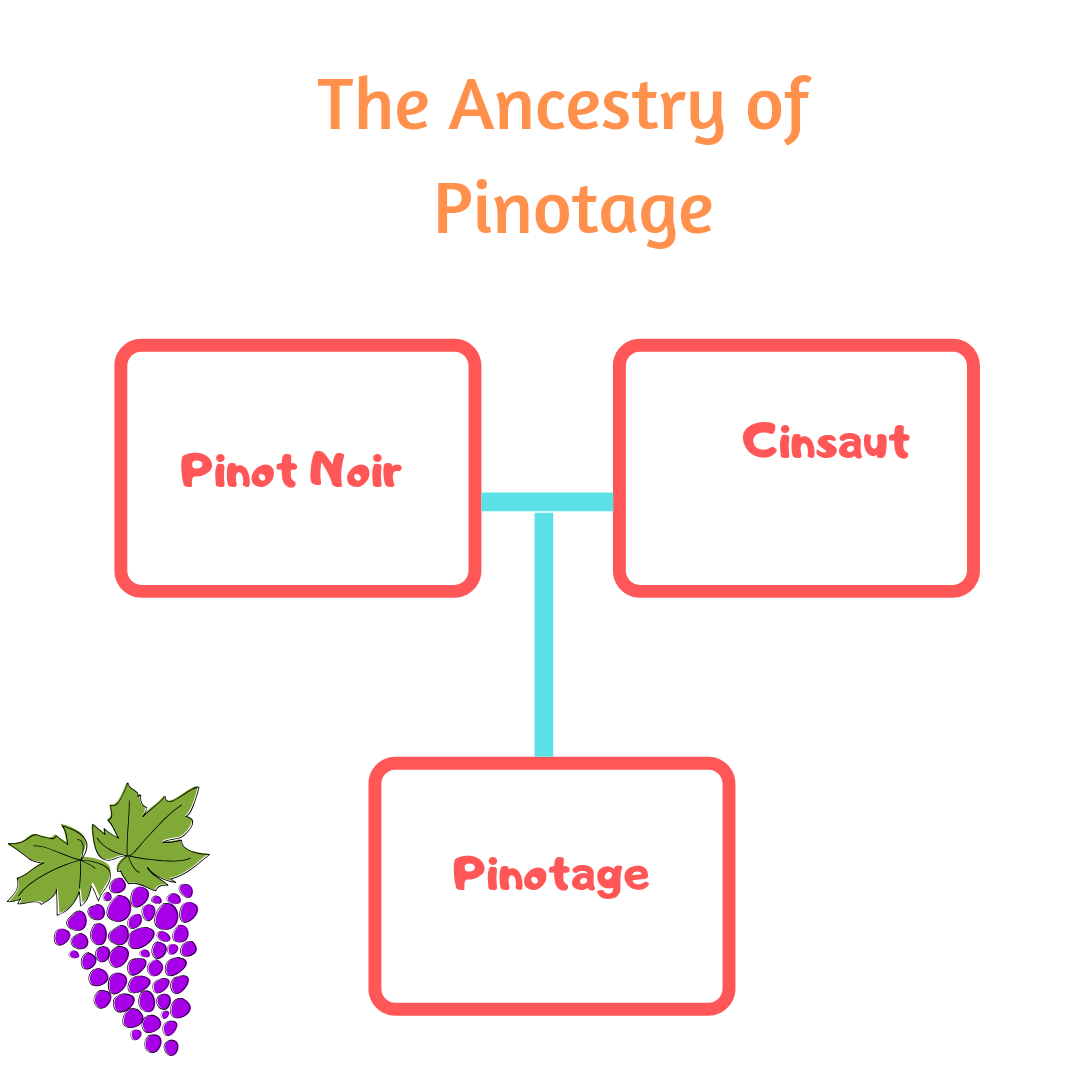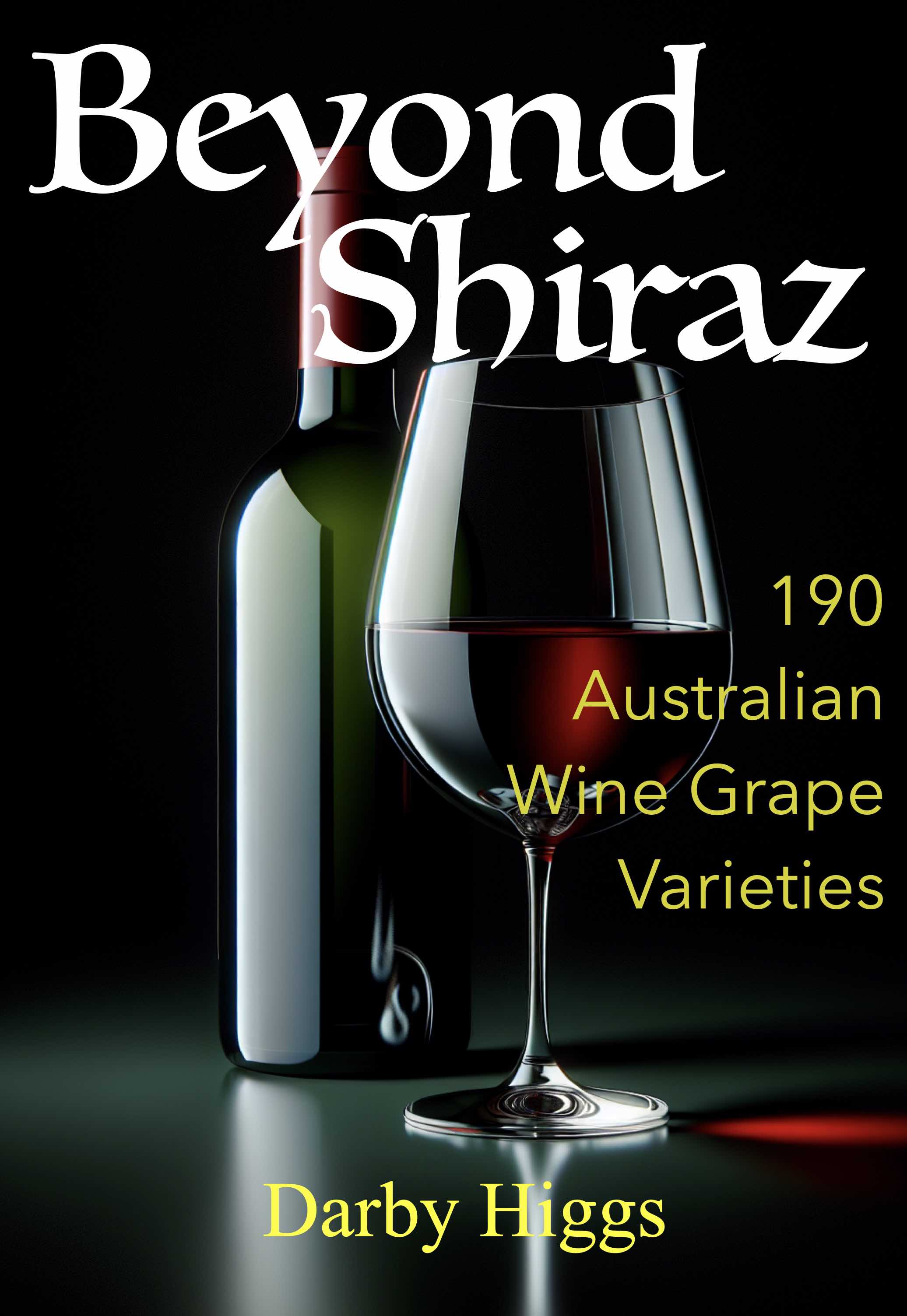Pinotage wine variety in Australia
Pinotage is a red wine variety which was bred in the 1920s in South Africa from a cross between the red wine varieties Pinot Noir and Cinsaut.
This variety is a major contributor to the South Africa wine industry. Lesser areas are grown in California and New Zealand and it plays a cameo role a few other countries.
The truth is that the Pinotage variety can be used to make truly unpleasant wines, or some very good wines, or in fact plenty of ordinary stuff in between.
The cross was made to try to combine the wine quality of Pinot Noir with the high yielding ability of Cinsaut.
Good Pinotage wines are very good. They retain, or maybe constrain, the wild, rich flavours to make lighter red styles or sometimes deep rich reds.
Two problems which detract from quality of some wines made from this variety are over-aggressive tannins and volatile acidity.
Pinotage is also used to make Port style wines, sparkling wines, roses and sometimes as a component of blended white wines.
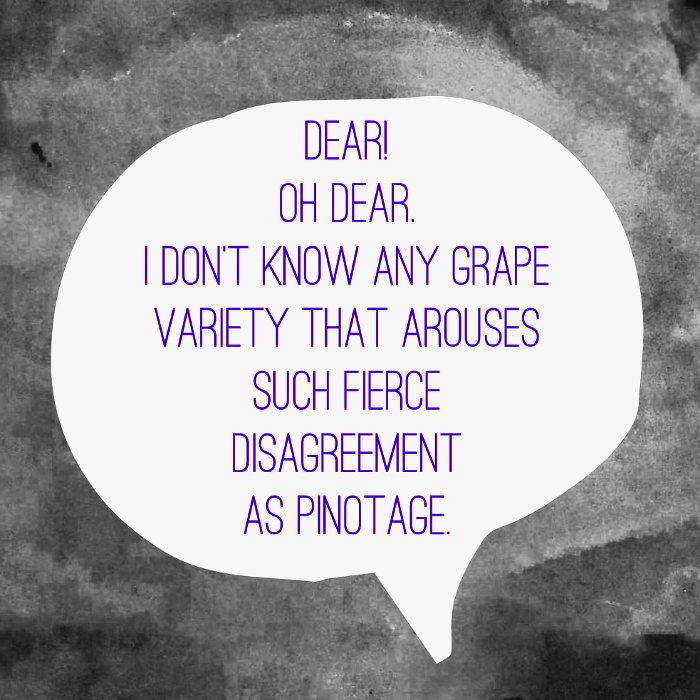 Pinotage comment by Oz Clarke in his book Grapes and Wines
Pinotage comment by Oz Clarke in his book Grapes and WinesStellenbosch The home of Pinotage
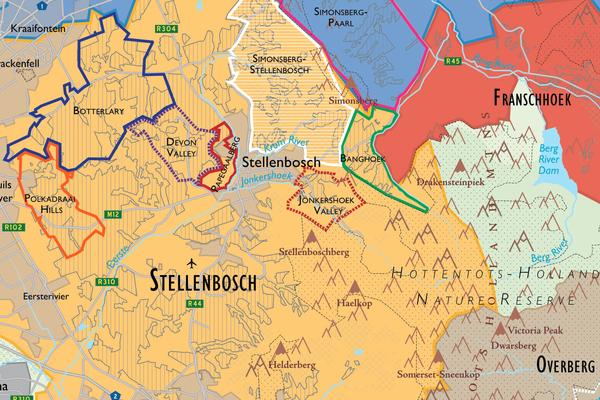
Detail of the De Long Wine Map of South Africa showing the Stellenbosch Region where Pinotage is a popular variety.
Australian WIneries using Pinotage
Just a few Australian wineries have shown any interest in the variety. The field for new varieties is crowded and it seems others have more viticultural and marketing potential.
- Barrecas Geographe
- Bike and Barrell Alpine Valleys
- Billy Button Alpine Valleys
- Jilly Wines New England
- O'Leary Walker Clare Valley
- Oak Works Riverland
- Ravens Croft Wines Granite Belt
- Rymill Coonawarra Coonawarra
- Spring Spur Alpine Valleys
- Thick as Thieves Yarra Valley
- Toppers Mountain New England
- Whyworry Wines New England
As a rare variety Pinotage is included in the Rare Ozzies book. It includes comments by winemaker Phil Barrecas about his winery's experience with Pinotage.

Subscribers to Vinodiversity Community get invites to Darby's Special Taste and Talk Sessions.
My new Book
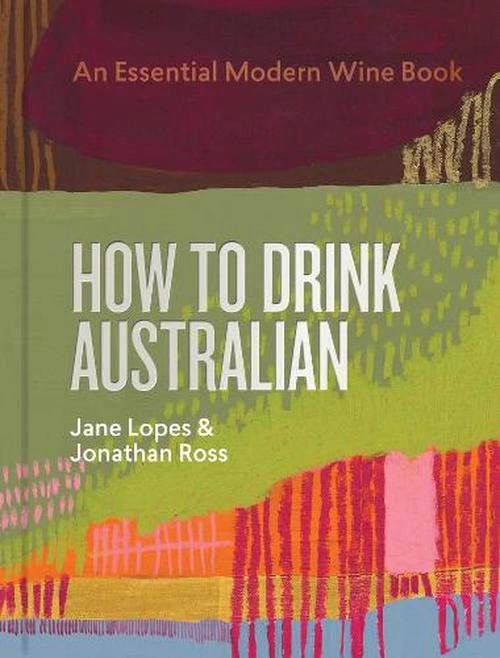
Our Site Sponsors
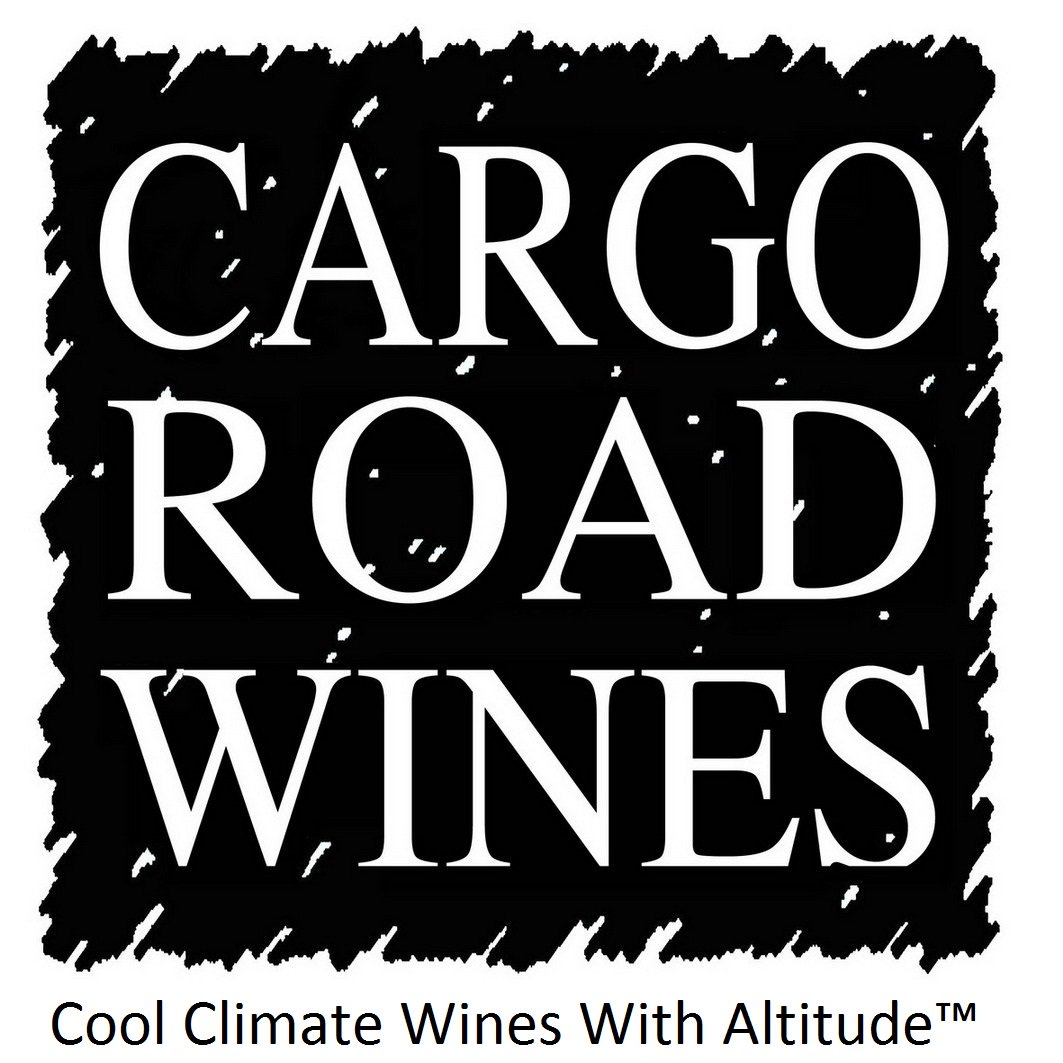 Cargo Road Wines in the Orange NSW region is a Site Sponsor of Vinodiversity
Cargo Road Wines in the Orange NSW region is a Site Sponsor of Vinodiversity
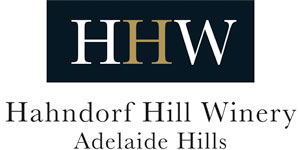 Hahndorf Hill Winery in the Adelaide Hills is a Site Sponsor of Vinodiversity
Hahndorf Hill Winery in the Adelaide Hills is a Site Sponsor of Vinodiversity
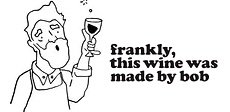 Frankly This Wine is made by Bob
Frankly This Wine is made by Bob
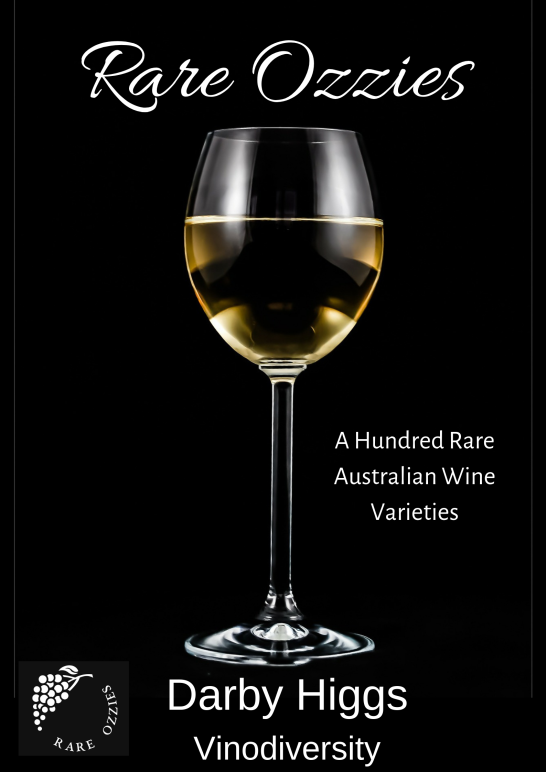 Order this book about Rare Aussie wines
Order this book about Rare Aussie wines
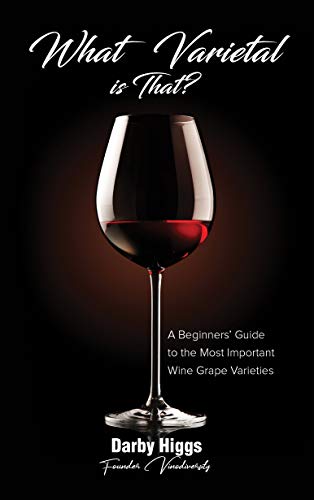 This book describes the most important wines globally
This book describes the most important wines globally
 Savina Road in the Granite Belt Region is a Site Sponsor of Vinodiversity
Savina Road in the Granite Belt Region is a Site Sponsor of Vinodiversity
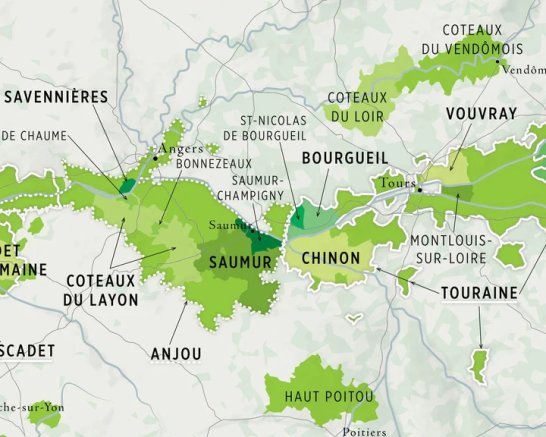 Detail of the new map of France. Italy and Spain also available
Detail of the new map of France. Italy and Spain also available
Become a Site sponsor
You can use this space to promote your winery or wine based business.
See this page for details
Contact Darby for details.
Tweets by @vinodiversity